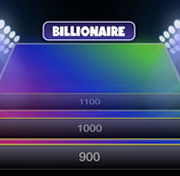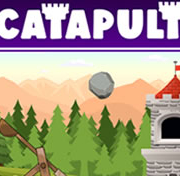Alessandro Volta Facts, Science Game
This game will help children learn key facts about the Italian scientist, Alessandro Volta. As a physicist and chemist, Alessandro Volta’s pioneering work led the way in our understanding of electricity and battery technology. Play this game to learn more.
Alessandro Volta Facts
Alessandro Volta was an Italian physicist. He was fluent in six languages and the inventor of the battery. He studied capacitance and was fluent in six languages. In his later years, he became more active in politics. He died in 1827 at the age of 82. His most notable achievement was the discovery of the volt, the unit of electrical power.
Alessandro Volta was an Italian physicist
After graduating from the University of Pavia in 1778, Alessandro Volta became a professor of experimental physics. He was fascinated by the differences between hydrogen and methane and soon made use of them in his experiments. By 1780, Volta had discovered that 20% of air is oxygen. His experiments helped him discover the existence of atoms and the properties of the elements.
He invented the battery
Alessandro Volta is an Italian inventor who is often credited with developing the first electrical battery. His voltaic pile was the first device to generate a steady stream of electricity by alternating zinc and silver discs. In addition, he also invented an electrophorus, a device that allows electricity to flow through a layered stack of conductive materials. Born in Como, Italy, Volta studied physics and science at the University of Pavia, where he further perfected his battery.
He was fluent in six languages
Alessandro Volta was born on February 18, 1745, in Como, Lombardy, Italy. Although his family was nobility, he did not speak until he was four years old. He was considered dumb by his family, who feared he would never learn how to speak. Though he was intelligent and talented, his family misjudged him and did not seek to help him learn the language.
He was a pioneer in the study of capacitance
Alessandro Volta, a physicist, first demonstrated the concept of capacitance by connecting two metals in series. This was done by putting silver and zinc discs in series, and connecting these with cloth or card soaked in salt water. Volta refined his experiments and found the right combination of metals for making the most efficient capacitor. He later connected several cells in series, which led to the famous crown of cups.
He was an electrochemist
Alessandro Volta was a brilliant Italian electrochemist who first recognized that electricity is a form of energy. His work on electrical currents involved the study of metals and their electric properties. After Galvani published his discoveries, Volta became embroiled in controversy. Initially enthusiastic about his findings, Volta later became critical of Galvani. In 1792, Volta discovered how to detect electrical currents in frogs and metals. In 1794, he won the Copley medal, equivalent to today's Nobel prize.
He was a biologist
Alessandro Volta was an Italian scientist. He first worked as a biologist before becoming a professor of experimental physics at the University of Pavia. Volta later became a rector of the university. In the eighties, Volta worked on research in electrology, atmospheric electricity, geology, and the chemistry of gases. He also developed a battery that uses electricity.









